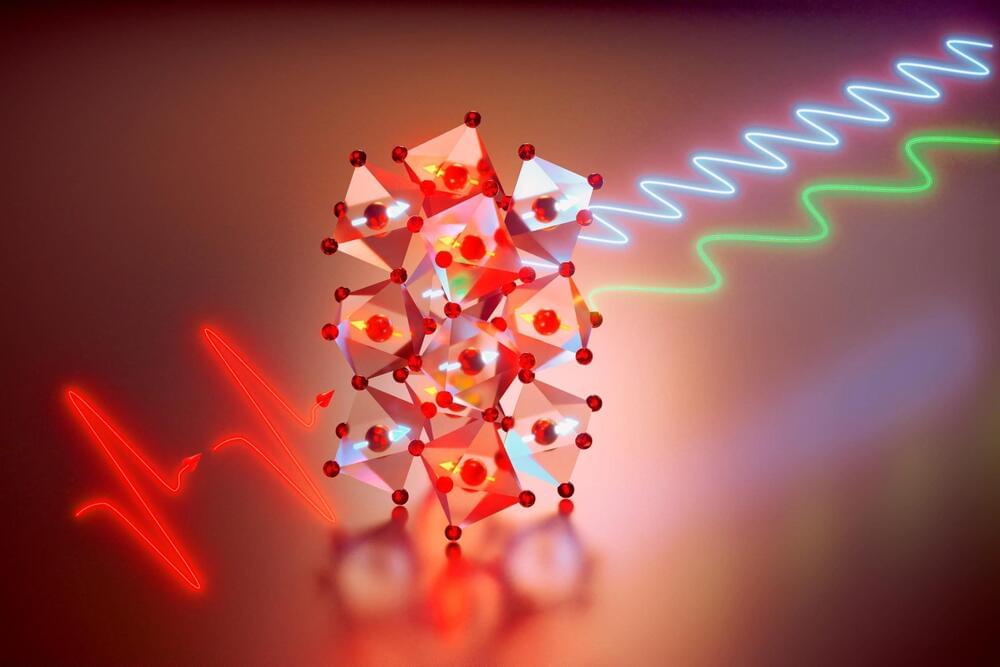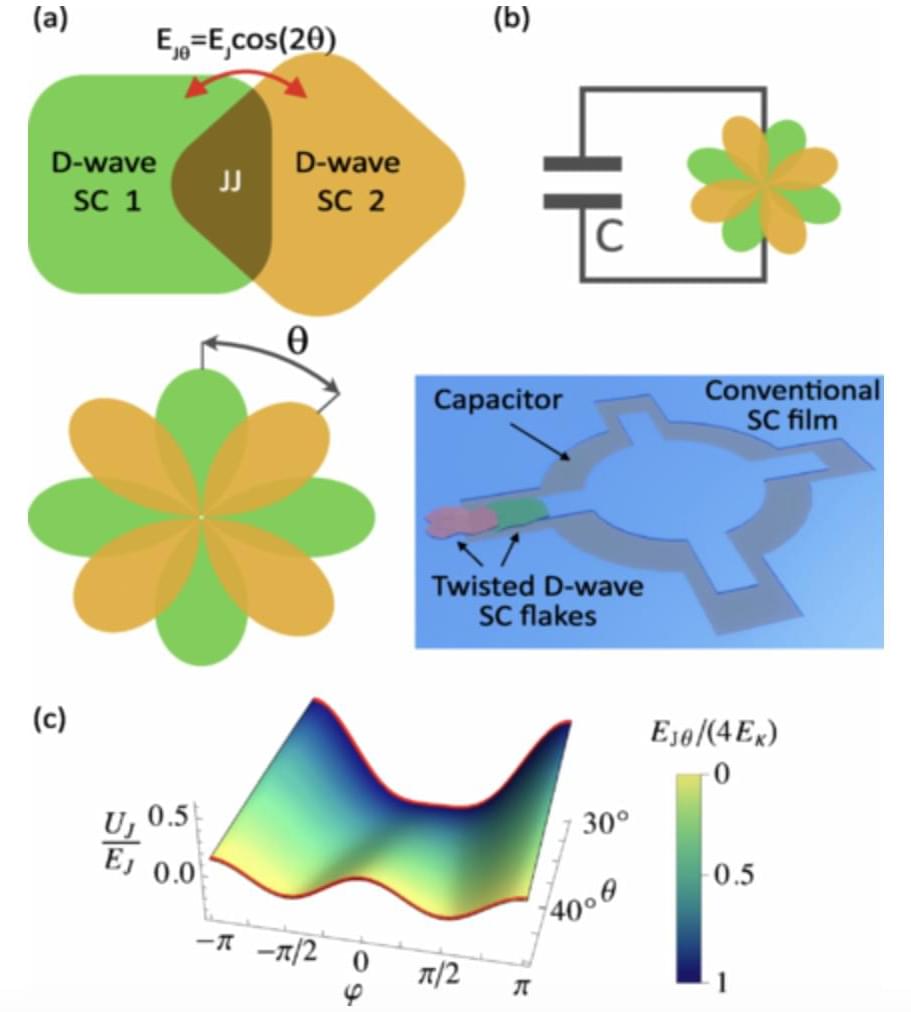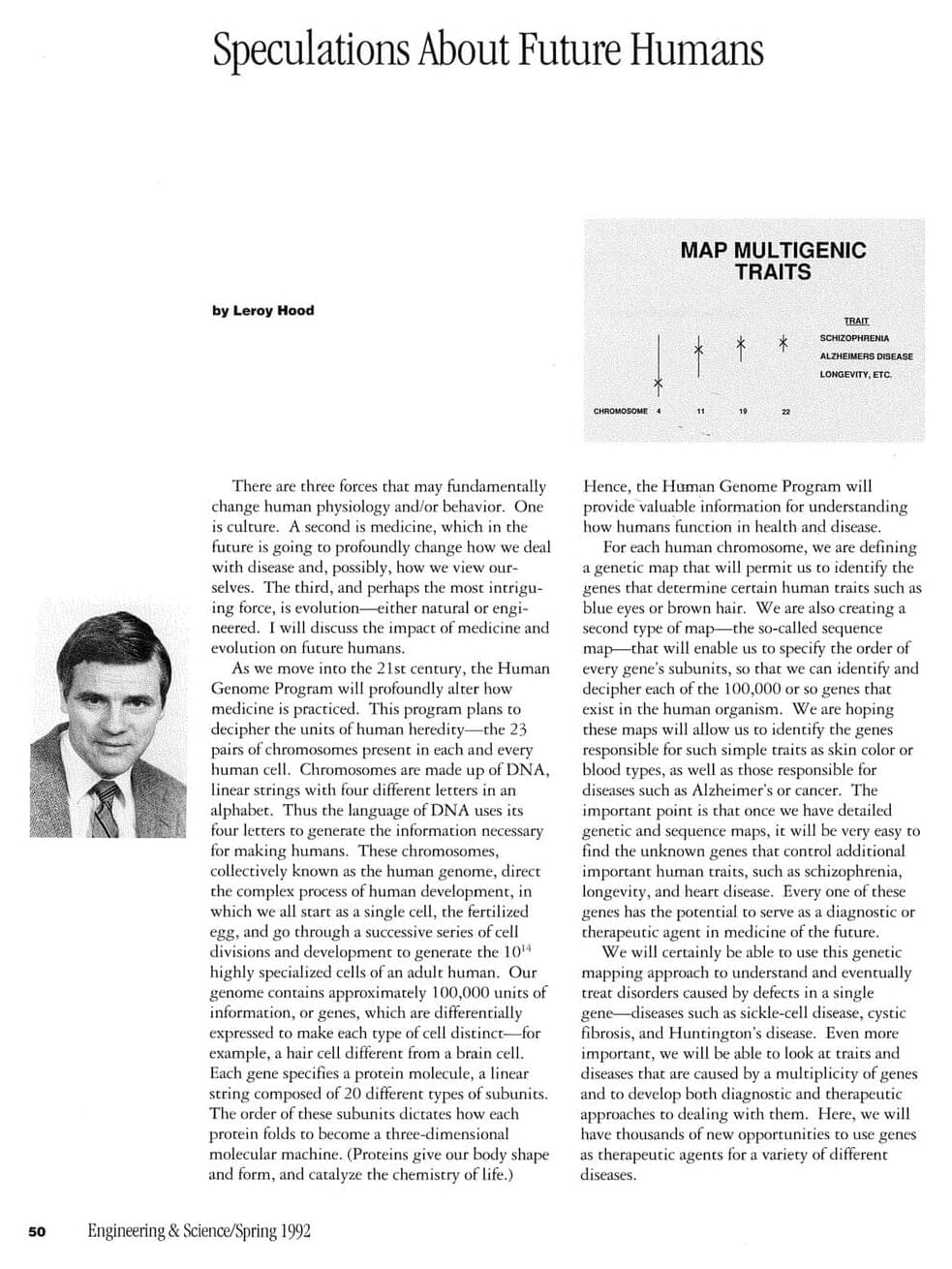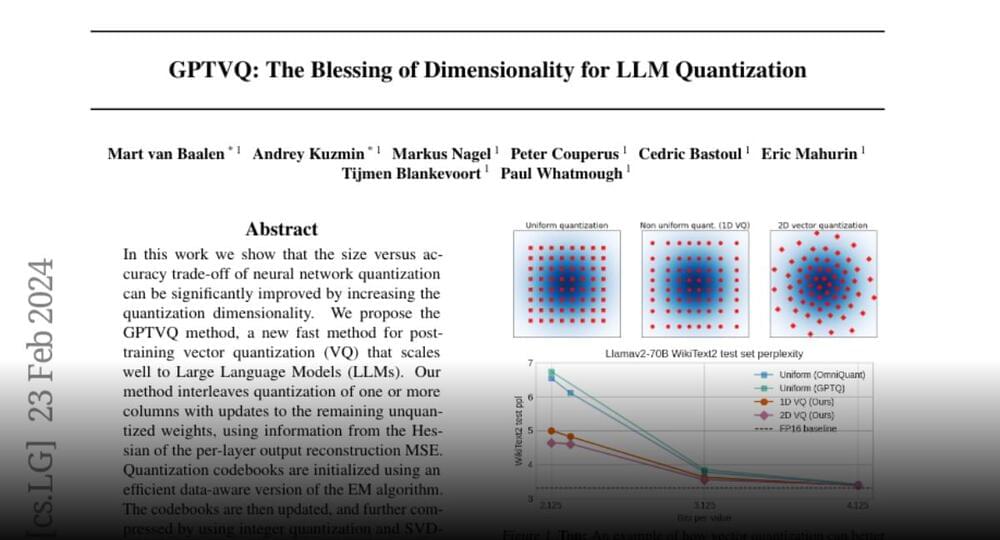A strange phase of matter that previously existed purely in the realm of theory has finally been detected in a real material.
It’s known as the Bragg glass phase – a strange, seemingly paradoxical arrangement of atoms in a glass material where the particles are nearly as ordered as those in a perfect crystal. Scientists weren’t even sure Bragg glass existed, but there it was, hiding in an alloy of palladium inserted between layers of terbium and tellurium (PdxErTe3).
The discovery, led by physicist Krishnanand Mallayya of Cornell University and published in Nature Physics, not only sheds light on the way materials can behave but demonstrates a powerful new set of techniques for probing the atomic structures of exotic materials.








